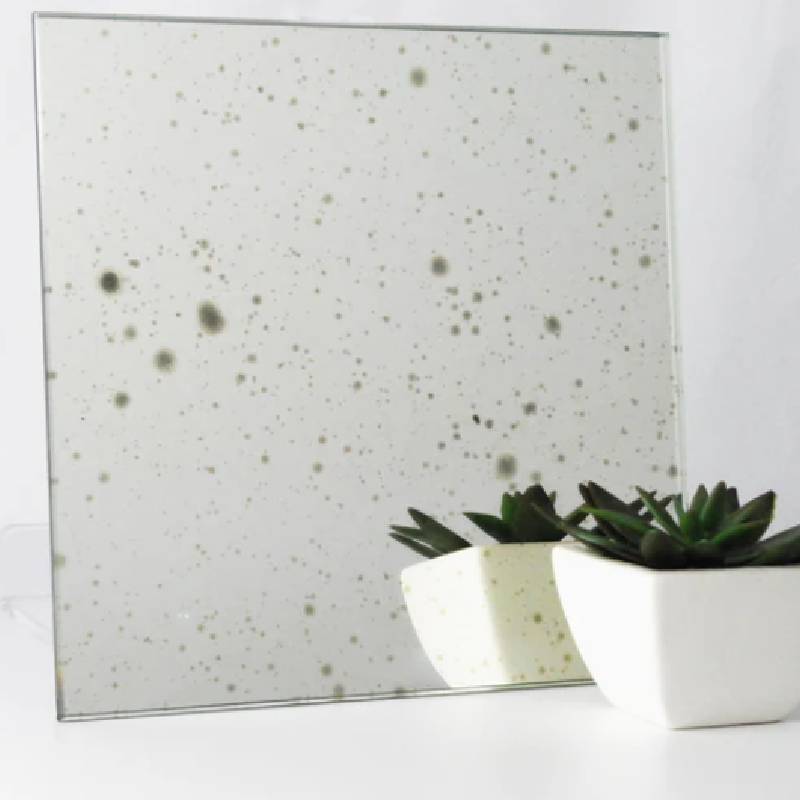The Allure of Retro Mirror Walls
In recent years, interior design trends have seen a significant resurgence of vintage styles, with one particular element standing out retro mirror walls. These magnificent design features not only serve practical purposes but also evoke nostalgia, adding depth and character to contemporary spaces. The use of mirror walls has its roots in various eras, reflecting the styles and aesthetics of those times, from the glamorous 1920s to the eclectic 1970s.
Historical Context of Mirror Walls
Historically, mirrors have been a symbol of luxury and sophistication. In the 18th century, opulent palaces adorned their walls with handmade mirrors to enhance light and space. This trend was further popularized in the roaring twenties when Art Deco surged, characterized by bold geometric patterns and shiny surfaces. The retro mirror wall encapsulates these influences, making it a timeless choice for modern homes.
Design Benefits
One of the primary advantages of incorporating a retro mirror wall is its ability to create the illusion of space. In smaller rooms, a mirror wall can dramatically open up the area, making it feel more expansive and airy. This effect is particularly beneficial in urban apartments where square footage is often limited. Additionally, mirrors reflect light, which brightens the space, bringing warmth and vibrancy to otherwise dim areas.
retro mirror wall
Another significant benefit of retro mirror walls is their versatility. They can be utilized in various settings—from living rooms and dining areas to hallways and bedrooms. The reflective surface serves as a canvas for creativity, allowing homeowners to play with lighting and decor. Vintage frames can be mixed and matched, contributing layers to wall art arrangements.
Styling Tips
When considering a retro mirror wall, it's essential to choose the right style and placement. Large, floor-to-ceiling mirrors can create a dramatic effect, while smaller, framed mirrors can form a gallery-inspired look. For a cohesive feel, select frames that complement existing decor—think ornate gold frames for a glamorous touch or rustic wood for a more laid-back vibe.
Lighting is another crucial element. Incorporating sconces, pendant lights, or even backlit mirrors can enhance the aesthetic quality of the mirror wall. The glow from lights will not only illuminate the space but will also amplify the reflections, adding depth to the room.
Conclusion
Incorporating a retro mirror wall into your home is more than just a design choice; it’s an embrace of a bygone era. By combining functionality with style, these walls create visually stunning environments, each reflecting personalized stories and memories. Whether you aim for a touch of vintage glamour or eclectic charm, a well-placed retro mirror wall can transform your space, making it timeless and inviting. As interior design continues to evolve, the retro mirror wall remains a beloved choice, proving that some trends truly stand the test of time. Embrace the allure of the past and let your walls shine.
 Afrikaans
Afrikaans  Albanian
Albanian  Amharic
Amharic  Arabic
Arabic  Armenian
Armenian  Azerbaijani
Azerbaijani  Basque
Basque  Belarusian
Belarusian  Bengali
Bengali  Bosnian
Bosnian  Bulgarian
Bulgarian  Catalan
Catalan  Cebuano
Cebuano  Corsican
Corsican  Croatian
Croatian  Czech
Czech  Danish
Danish  Dutch
Dutch  English
English  Esperanto
Esperanto  Estonian
Estonian  Finnish
Finnish  French
French  Frisian
Frisian  Galician
Galician  Georgian
Georgian  German
German  Greek
Greek  Gujarati
Gujarati  Haitian Creole
Haitian Creole  hausa
hausa  hawaiian
hawaiian  Hebrew
Hebrew  Hindi
Hindi  Miao
Miao  Hungarian
Hungarian  Icelandic
Icelandic  igbo
igbo  Indonesian
Indonesian  irish
irish  Italian
Italian  Japanese
Japanese  Javanese
Javanese  Kannada
Kannada  kazakh
kazakh  Khmer
Khmer  Rwandese
Rwandese  Korean
Korean  Kurdish
Kurdish  Kyrgyz
Kyrgyz  Lao
Lao  Latin
Latin  Latvian
Latvian  Lithuanian
Lithuanian  Luxembourgish
Luxembourgish  Macedonian
Macedonian  Malgashi
Malgashi  Malay
Malay  Malayalam
Malayalam  Maltese
Maltese  Maori
Maori  Marathi
Marathi  Mongolian
Mongolian  Myanmar
Myanmar  Nepali
Nepali  Norwegian
Norwegian  Norwegian
Norwegian  Occitan
Occitan  Pashto
Pashto  Persian
Persian  Polish
Polish  Portuguese
Portuguese  Punjabi
Punjabi  Romanian
Romanian  Russian
Russian  Samoan
Samoan  Scottish Gaelic
Scottish Gaelic  Serbian
Serbian  Sesotho
Sesotho  Shona
Shona  Sindhi
Sindhi  Sinhala
Sinhala  Slovak
Slovak  Slovenian
Slovenian  Somali
Somali  Spanish
Spanish  Sundanese
Sundanese  Swahili
Swahili  Swedish
Swedish  Tagalog
Tagalog  Tajik
Tajik  Tamil
Tamil  Tatar
Tatar  Telugu
Telugu  Thai
Thai  Turkish
Turkish  Turkmen
Turkmen  Ukrainian
Ukrainian  Urdu
Urdu  Uighur
Uighur  Uzbek
Uzbek  Vietnamese
Vietnamese  Welsh
Welsh  Bantu
Bantu  Yiddish
Yiddish  Yoruba
Yoruba  Zulu
Zulu 

